

What if you could remove vocals from any song with just a few clicks, all for free? It sounds like a music producer's dream come true. But here's the kicker: this tech is available now, revolutionizing how we experience music.
In an era where personalized content is king, the ability to manipulate tracks on your own terms is more powerful than ever. Imagine the opportunities for musicians, DJs, and content creators alike. But, wait, there's more to this story than meets the eye.
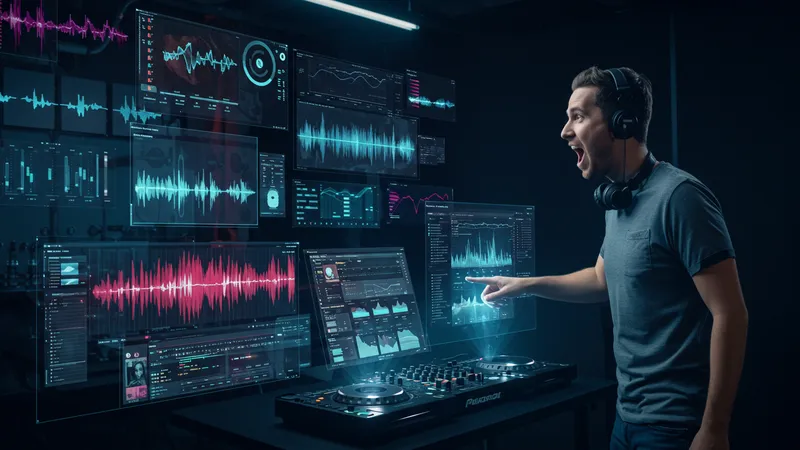
You might assume only high-end studios with deep pockets can afford sophisticated AI tools. But free AI vocal removers are now within everyone's reach, and they're not just functional—they're strikingly effective. These tools can turn your favorite tracks into karaoke anthems minus the vocal distractions, or let you sample instrumentals with ease.
One of the most astonishing tools is Deezer's Spleeter, which can separate music stems in a matter of seconds. Initially developed as a research project, it became accessible to the public for free. Musicians everywhere are calling it a game-changer. Yet, Spleeter is just the beginning of what these vocal removers can do…
Ready to uncover the future of music manipulation as more AI vocal removers pop up each day? The possibilities are endless, and what happens next shocked even the experts…
The introduction of AI into music production has been a disruptive yet liberating force. AI vocal removers are tapping into this potential, allowing amateurs and pros to produce high-quality soundscapes. No longer confined to expensive studios, AI technology empowers musicians to explore and innovate from their home setups.
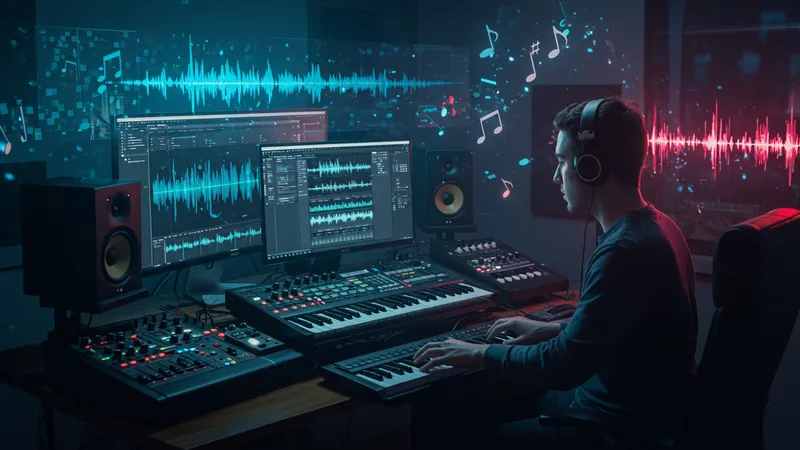
Before AI, removing vocals meant tedious manual labor or shelling out significant sums for professional services. Nowadays, these vocal removers can handle complex frequencies and intricate sounds that would have otherwise intimidated any amateur musician. This transition is not just a trend— it's a veritable shift in making music.
What's more surprising is how ubiquitously AI has integrated into the music sector. From composing to mastering, AI is challenging traditional roles, proposing a collaborative environment where artists and machines work in harmony. But the story doesn't end there.
While freeing artists to focus more on the creative process, AI brings about new ethical questions, including copyright issues and the authentic ownership of AI-generated works. What you read next might change how you see this forever.
Audacity stands out not just for being free but for its robustness in vocal removal. This platform allows users to experiment with tracks and create something uniquely theirs. But what might seem like a simple editing tool is actually a comprehensive software for various audio manipulations.
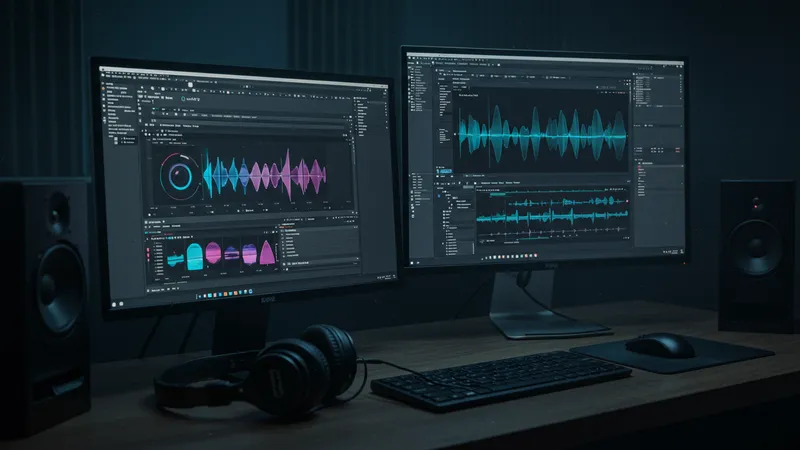
LALAL.AI, on the other hand, uses machine learning to fine-tune instrumental and vocal tracks. It’s designed for those looking to dive deeper into professional-grade audio editing without having to enroll in technical courses. The ease is matched with stunning precision, which has led to exponential user growth.
Another noteworthy tool is AI Vocal Remover, which serves as a simple, browser-based utility that requires no downloads or installations. This user-friendly approach expands accessibility to everyone, even for those who are not tech-savvy. Yet the quality it delivers is exceptional, further mesmerizing its users.
These tools are more than just instruments for vocal removal; they encourage a new way of thinking about content creation. And there's an even more sophisticated player you're about to meet...
Ever wondered what makes these AI vocal removers tick? At the heart of these tools are algorithms powerful enough to differentiate between vocals and instruments, even from low-quality sound files. These algorithms decode sound waves, identifying and separating different layers with machine learning techniques.
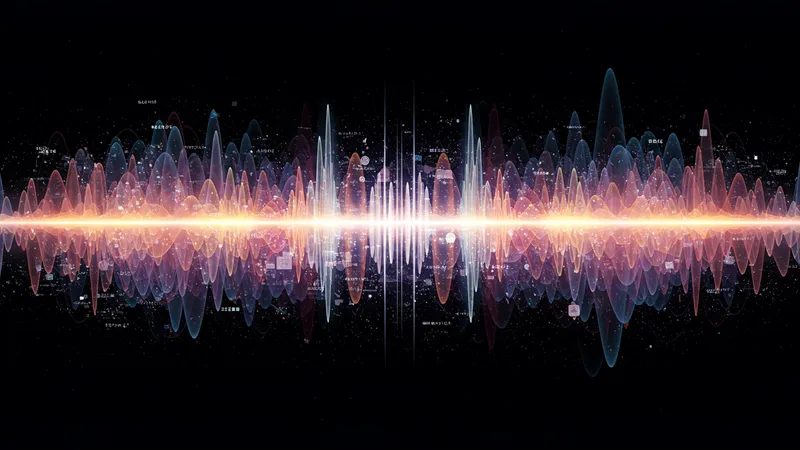
The real challenge lies in balancing extraction and retention. Ensuring the instrumental quality remains intact while vocals are cleanly removed is no simple feat. This is where Reinforcement Learning helps refine processes, making AI vocal removers smarter with every use.
The deeper we delve into these algorithms, the clearer it becomes that we're dealing with cutting-edge AI advancements grounded in complex computations and data analysis. The idea that such technology is free and accessible is mind-blowing, but it’s just scratching the surface.
But here's an insight that might just be the proverbial rabbit hole: could these advancements pave the way for AI-generated music compositions that are indistinguishable from human-created ones? The implications have industry experts on the edge of their seats.
The way AI vocal removers reshape your musical library is one thing, but their potential applications go far beyond. Content creators, podcasters, and social media influencers are utilizing these tools to enhance video and audio content.TikTok trends and YouTube videos have been significantly impacted, offering users more creative freedom.
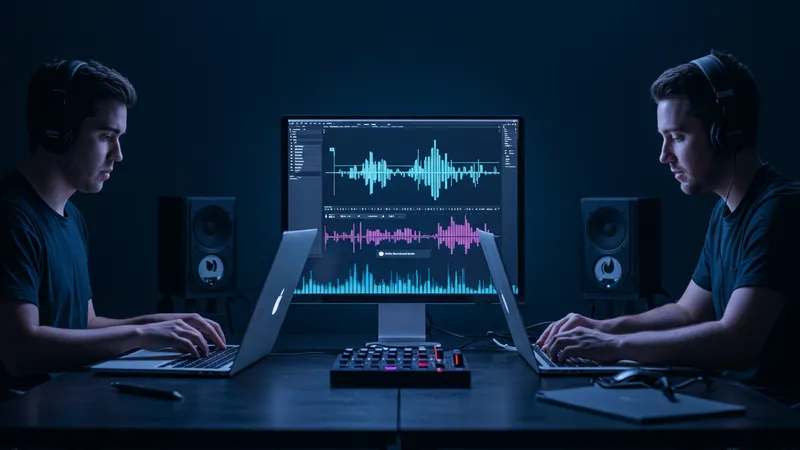
You can remix popular songs without being a trained sound engineer, unleashing a wave of remix culture sweeping across digital landscapes. This has changed how we perceive music creation as an exclusive, skill-bound craft into something more democratic and inclusive.
Even film and television industries are beginning to realize the potential of these tools. Sound engineers are crafting entirely new experiences for audiences by reimagining the soundscape of films and shows, using AI vocal removers to detach layers and shift dynamics.
The versatility these tools provide is exceptional, yet undoubtedly, the ability to shape such intricate elements raises questions on authenticity and originality. And yet, there remains an aspect even more remarkable to explore.
It's not all roses when it comes to free AI tools. One overlooked aspect is data privacy. With so many users flocking to these platforms, questions about data usage and privacy policies arise. While many companies assure encrypted data transactions, the lack of regulatory frameworks often leaves users vulnerable.
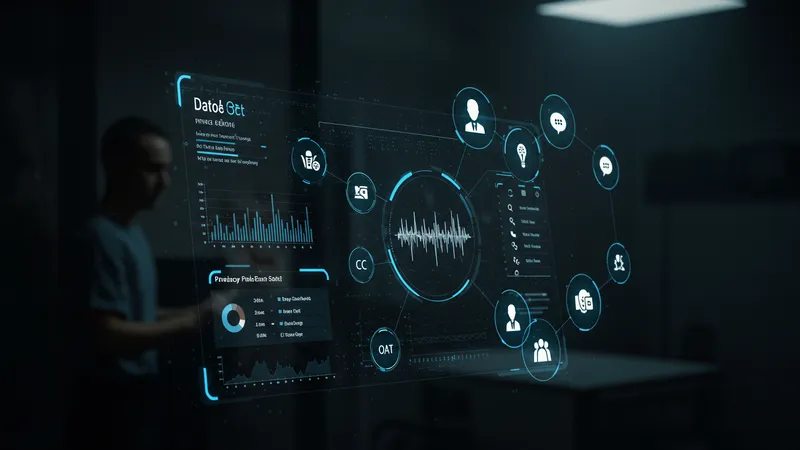
Additionally, the surge in popularity of free AI vocal removers has led to a saturation in the market, resulting in varying degrees of quality. Not every tool that purports to remove vocals does so with a quality that meets professional standards.
This influx of underground, unverified AI tools pushes boundaries, and not in the best ways. It fosters a marketplace of mediocrity where users must sift through piles of underwhelming options to find those gems that truly deliver on their promise.
But curious minds might be more concerned about intellectual property. With artists and producers wary of these developments, navigating the thin line between innovation and exploitation is becoming increasingly blurred. And this is not the end of the story...
With the advent of AI tools, especially in creative fields, old laws struggle to keep pace. The legal implications surrounding AI vocal removers are particularly tangled. Intellectual property rights are continuously debated as the lines of content ownership become more blurred with AI breaking into the scene.
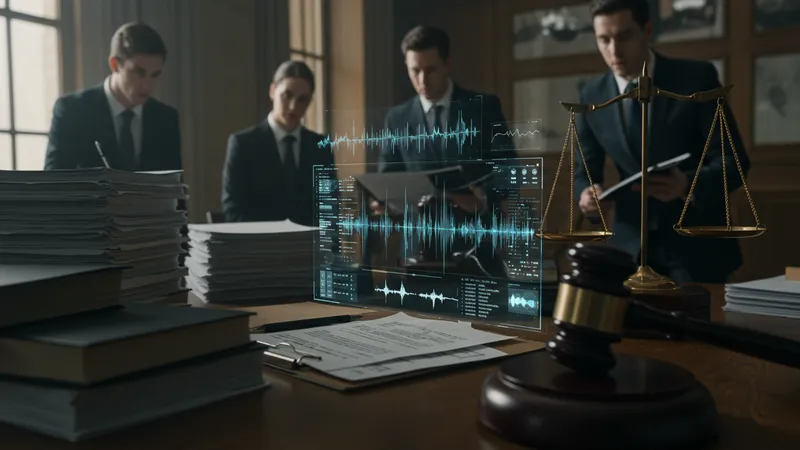
Lawyers and music producers alike ponder the distinction between an original piece and a remixed one. When a tool allows anyone to remove vocals and modify tracks, concepts of originality and copyright are under scrutiny more than ever before.
Courts worldwide are beginning to face cases challenging the legality of AI-manipulated songs. Users of these AI tools might find themselves in tricky legal waters if not cautious about how their creations are shared and monetized.
This emerging legal landscape is poised for further complexity. But the potential benefits, when legally harnessed, are just as mesmerizing as they are vast. And how might this tension resolve? You might be surprised...
Access to free, quality AI tools is reshaping economies, especially in creative sectors. Where once businesses required skilled sound engineers, AI now offers similar capabilities with less overhead, small enterprises are springing up overnight.
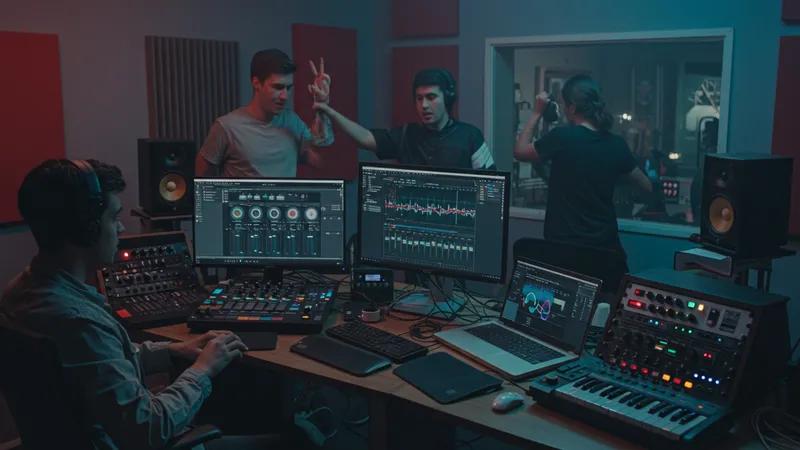
AI vocal removers have democratized music creation, allowing a broader range of artists to enter the competitive music industry. Budding DJs and music producers who previously lacked resources to produce quality music can now compete on an even playing field.
Yet, this disruption also brings challenges to traditional music professionals who find themselves adapting or facing obsolescence in the rapidly evolving job market. Despite this tumult, the music industry is seeing a boost as hobbyists turn professional, all facilitated by these accessible tools.
The question remains: how will these economic shifts impact the future landscape of the music industry? One last revelation might redefine what you believe is possible…
AI music tools have evolved astonishingly over a short time span, but experts predict even more transformative changes ahead. Imagine AI that not only removes vocals flawlessly but also adds enhancements and personalized touches, creating an entirely new realm of musical potential.
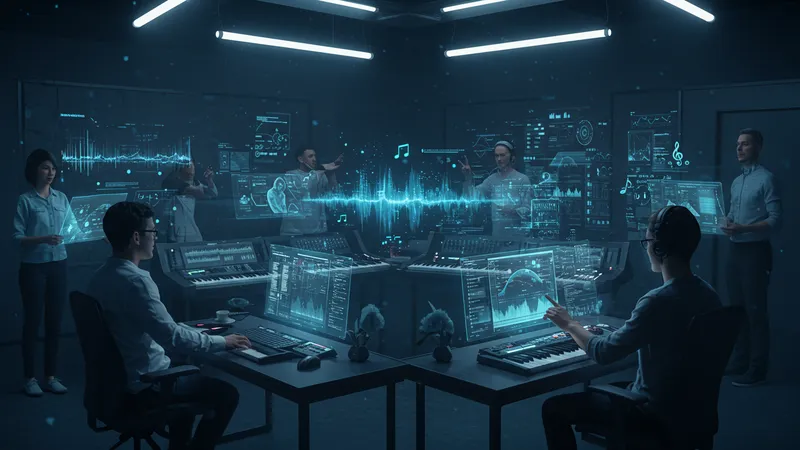
Continual improvements in AI's understanding of human preferences will soon allow for hyper-personalized experiences, where music adapts dynamically to an individual's taste and mood in real-time. The way we interact with music might soon become an extension of our consciousness.
The pace of innovation makes it almost impossible to predict the exact trajectory. However, trends signal a blending of AI and human artistry, creating partnerships between artists and algorithms designed to challenge human imagination and provide new creative vistas.
As we anticipate further developments, the synergy between AI and human creativity promises a shared frontier that's not only or uniquely driven by technology but also enhanced by human emotion. What happens when AI becomes a bona fide 'instrument' in its own right? The answer is more fascinating than fiction.
The real test of these tools exists in user stories — those who have harnessed AI vocal removers to transform ordinary tracks into extraordinary pieces. From bedroom producers achieving viral fame to nonprofit organizations creating inspiring soundscapes, the experiences are boundless.
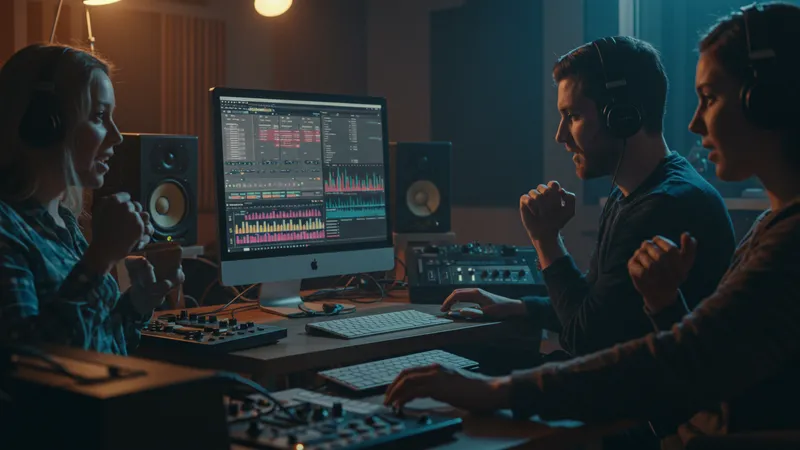
Artists experimenting with AI vocal removers have been known to discover entirely new genres, combining forgotten melodies and contemporary beats to chart-topping effect. This fusion of past and present continues to shape the musical landscape in exciting ways.
Despite technological prowess, the emotional impact remains profound. Users often recount moments of joy or artistic catharsis, unveiling layers of personal connections with music that were previously untapped.
These testimonies highlight the revolutionizing potential at hand. Still, there remains another dimension, something crucial to consider in the collective narrative of AI and music.
Free AI vocal removers represent more than just a technical evolution; they symbolize a paradigm shift in music creation and consumption. What’s unfolding before our eyes could be the harbinger of a new era where music isn't only heard but dynamically interacted with. This fusion of technology and artistry could redefine industries.
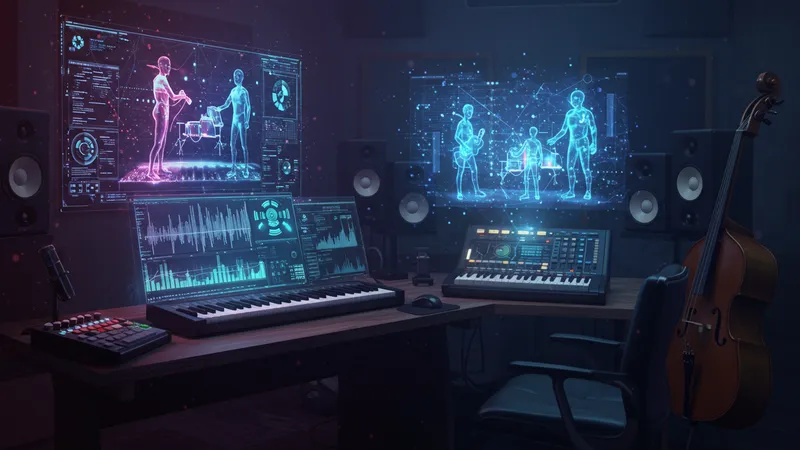
This leaves us with a compelling challenge: embracing these tools responsibly and creatively to preserve the fundamental emotional core of music. The final twist in this unfolding story is whether AI will eventually compose masterpieces that evoke human emotions as deeply as human composers have for centuries.
Now, poised at this precipice of innovation, the call to action is clear: dive into these tools and explore how they can revolutionize your musical journey today. Share this revelation, bookmark its possibilities, and take action—after all, tomorrow’s hit could be yours to make.